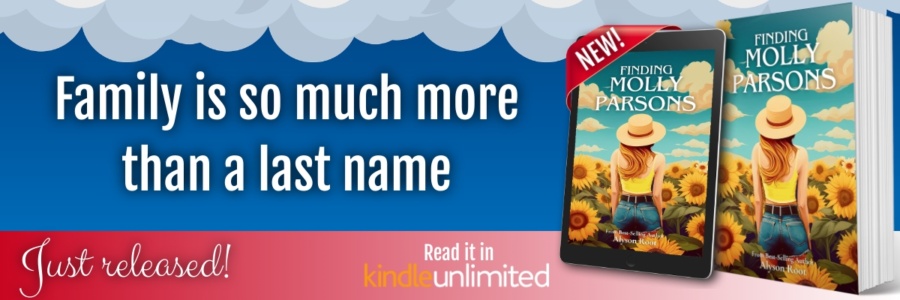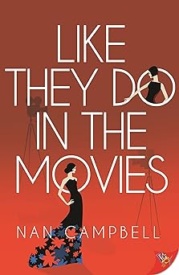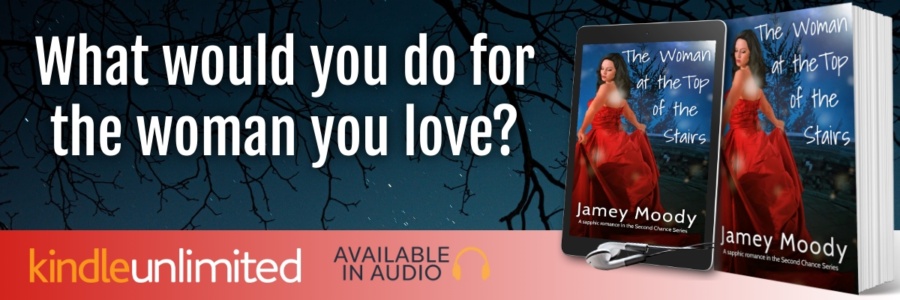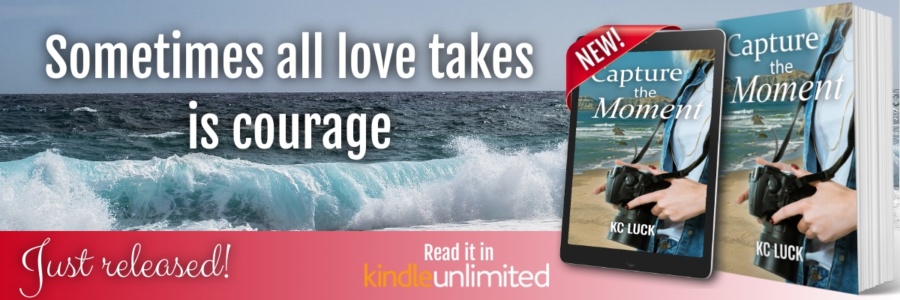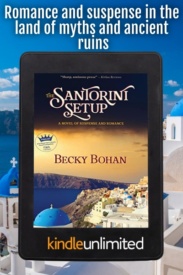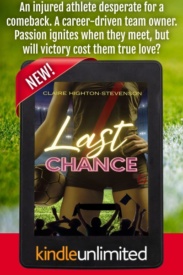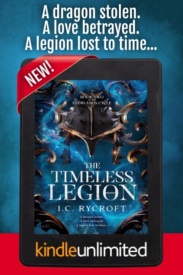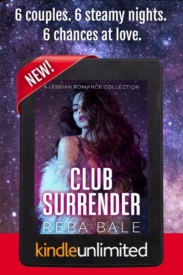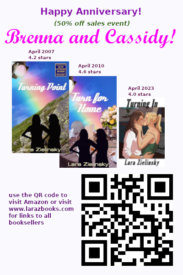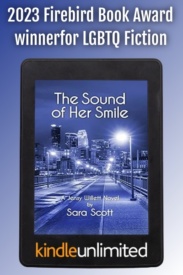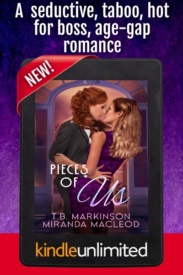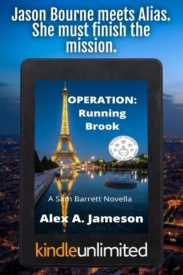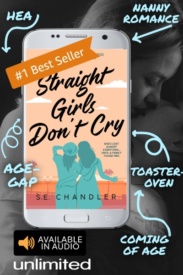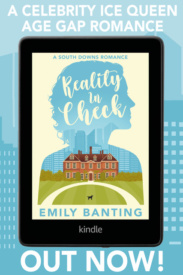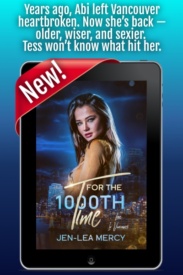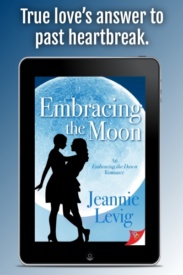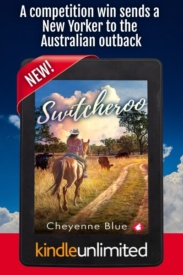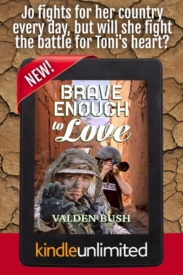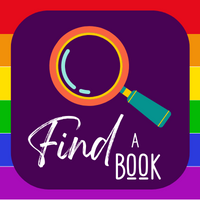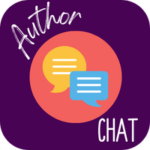
Get ready to learn more about the book Like They Do in the Movies in this discussion with sapphic author Nan Campbell.
Join us for an exclusive peek behind the scenes as we quiz Nan Campbell about Like They Do in the Movies, writing, reading, and more.
This book is part of the Slow Burn category in the 2024 IHS Reading Challenge.
Why did you write Like They Do in the Movies?
I love a celebrity romance, and I wanted to try writing one. I also love romances that have some sort of workplace aspect to them, and Hollywood is just about the most compelling, immersive kind of workplace I can think of.
But I wanted to avoid the one thing that bothered me a little about workplace stories—the real or perceived power imbalance that may exist between characters. In Like They Do in the Movies, Chelsea is a busy actor who needs a new assistant. Fran becomes that assistant. They are made for each other. They have to be together. But Chelsea’s the boss. I had to figure out a way to bring them together as equals. It was a fun problem to solve!
Who is your favorite character in the book?
Fran is a frustrated screenwriter (I can definitely relate). Chelsea is an award winning actor juggling a very busy life with challenges galore. They have both staked out a pretty large piece of my heart. If I had to Sophie’s choose only one of them (it’s so hard), Chelsea has the razor thin edge over Fran.
Most people would envy Chelsea’s privileged existence, but she personifies that controlled, graceful swan gliding by while madly paddling beneath the surface. She is a woman with talent, drive, and beauty—well past the ingenue roles that earned her accolades, and attempting to stay relevant in a fickle industry. Once Fran catches a glimpse of what’s under the carefully constructed image—at the loyal, lovable woman who is trying her best—she is a goner.
What was the biggest challenge writing this book?
I’m an American east coaster—all my life. Setting a story in Los Angeles was by far the biggest challenge. Getting all those details right was very important to me. So much Google mapping! Comparing neighborhoods and looking at aerial views and about a million searches on Zillow. I enlisted the help of a couple of Angelenos who were very generous with their time and answered all my real estate questions. After submitting the draft to my publisher, I spent a week out in LA to actually see the places I wrote about and made adjustments in the first round of edits. A little bit of that LA research has leaked into my next release—a novella out in June called New York is Losing Hope.
What part of Like They Do in the Movies was the most fun to write?
Chelsea and Fran both have a deep love and appreciation for the movies, and it reveals itself in the way they see and relate with the world. It was super fun to insert film references into the story and riff on movie quotes that appear in characters’ dialogue. One of my favorites: “I’m just a girl, standing in front of a dress, asking it to fit her.”
How much research did you need to do for Like They Do in the Movies?
Lots. The most for any book I’ve written so far. Besides all the Los Angeles location fact-finding mentioned above, I researched everything from the more technical aspects of working on a movie set to the tasks that fill a personal assistant’s day to how to make a good tasting smoothie without adding sweeteners. For the most part, all of this research was really interesting and absorbing. The YouTube rabbit holes I found myself so deeply buried in! I had to limit myself so that I could achieve my daily word counts!
If you’re planning a sequel, can you share a tiny bit about your plans for it?
I didn’t plan this book as the first of a series, but there are so many fun characters in it, it’s practically begging to be one. One character makes a brief cameo in my November release—her name is Helen Cho and she’s a pragmatic, plain-spoken film executive. I like her so much she may appear as the main character in her own story!
Where do you usually write, and what do you need in your writing space to help you stay focused?
There’s a coffee shop a few blocks from my apartment where I like to go on writing days when I am trying to hit a specific weekly word count. This is my main coffee shop. It’s quiet and clean, almost never too crowded to find a seat, and the wonderful people who work there start my order before I even step up to the cash register. Something about being surrounded by others who are getting stuff done allows me to buckle down and focus, and on a good day, I can hit my words in three hours.
But sometimes the words don’t come easily, and getting them down on the page is as difficult as corralling stray cats in the rain. I don’t want to wear out my welcome at my main coffee shop, so I’ll go to my back up coffee shop, which is a little farther away and doesn’t have Wi-Fi. If I’m lucky, another couple of hours there will do the trick. But the baked goods are better there and I have to be strong.
If you could spend a day with another popular author, whom would you choose?
Settings are important to me, and I love to use where I live—New York City—in my books. I know it. I love it. I enjoy writing about it. Nora Ephron was a famous New Yorker who celebrated everything about my fantastic city in her nonfiction writing and in her famous romantic comedies of the nineties.
I would love to hang out with ghost Nora as she goes about her day. I imagine her running errands and going out to an extravagant lunch while still having time to write a script filled with humor, heartbreak, and the inevitable happy ending. I’d quiz her about all her insider knowledge of the city: What’s her go-to red sauce joint? Her favorite ice cream place? Who is her tailor? Her favorite spot in Central Park? How to secure a reservation at the buzziest restaurants? (I think she’d tell me not to bother. The food at those places is always a disappointment.)
And in between all those questions, I’d suggest she write one more rom com set in Manhattan, but make it Sapphic.
What is the most valuable piece of advice you’ve been given about writing, and by whom?
The most helpful writing advice I know comes from two celebrated women writers.
Anne Lamott has a chapter in her fantastic book Bird By Bird that details the efficacy of the Sh*tty First Draft. I would often share this chapter with my high school students before a creative writing assignment. Besides being delighted by the sight of a swear word in the title of an English class reading, it immediately relieved them of the pressure to be perfect.
Anne says, “Very few writers know what they’re doing until they’ve done it.” Such a comforting thought when the goal of my first draft is pretty much to tell myself the story. It doesn’t need to be pretty at this stage.
Now combine that concept with this quote from Nora Roberts, which can really talk me down from that ledge when I’m feeling like nobody should allow me to string another sentence together ever again.
Nora says, “You can fix anything but a blank page.” And that is the absolute truth. We haven’t written anything in stone for a very long time (unless your job is chiseling grave markers). We can always rewrite, revise, reorder, and rejigger. Like I said—so comforting.
What do you do to get inside your character’s heads?
I like to freewrite about my characters before really getting started with a first draft. I write down a sort-of backstory for them. It’s fine if barely any of it makes it into the book—it’s for me, not the reader. It’s the best way to get to know these people. It makes the decisions they make in the draft more understandable to me.
Have you ever hated one of your characters?
There is a character in Like They Do in the Movies called Petal Dunlap. She is Hollywood actor Chelsea’s teenage daughter.
Now hate is a very strong word, but Petal as I’ve written her edges awfully close to the definition. She has all the aggravating qualities of a privileged fourteen-year-old and none of the endearing ones. She’s selfish, secretive, and destructive, and while the reader can guess the reasons for her behavior, it’s possible that some may see her actions as irredeemable. Even so, I hope she is understandable, and a skosh more sympathetic by the end of the novel.
What books did you grow up reading?
I grew up about fifteen minutes from the New Jersey shore, and my family spent our summers going to the beach every day with a cooler full of sandwiches and a jug of iced tea. Right by the entrance to the sand, there was an old revolving book rack, corroded by salt and sea, crammed with free books to borrow. There were all sorts of books, but someone must have wanted to get rid of a ton of beat-up, old, Harlequin romances, and there were always plenty of them. My sisters and I would swim and read, and read and swim, all day long. I learned a ton from those books and was thoroughly entertained. Thus began my lifelong devotion to those satisfying happily ever afters.
What books have you read more than once in your life?
Like so many other romance devotees, I’ve read Jane Austen’s Pride and Prejudice more times than I can count (and watched he 1995 BBC adaptation more times than that). I think Middlesex by Jeffrey Eugenides is one of the best books I’ve ever read, and I’ve read it multiple times. I’ve reread countless Sapphic romances—some of my favorites are 96 Hours by Georgia Beers, Waiting in the Wings by Melissa Brayden, and 30 Dates in 30 Days by Elle Spencer (I persuaded my book club to read this one so I could read it again). I also have to mention one of my favorite fan fics, which I’ve read a number of times. It’s an AU Portrait of a Lady on Fire epic-length story called Far From the Tree.
What keeps me coming back to all of them is that they are all about imperfect people trying their best within their unique circumstances. Throw in a love story and I’m sold.


